
- Poems Poetry Art
- Author
- Alfred French (11)
- Charles Bukowski (12)
- Clarence F Underwood (6)
- Edgar Allan Poe (16)
- Edmund Spenser (7)
- Eyvind Earle (15)
- Jack Hirschman (16)
- John Hejduk (9)
- John Milton (7)
- Lance Woolaver (7)
- Lindley Murray (8)
- Patti Smith (16)
- Reilly Rhodes (11)
- Rosaleen Norton (6)
- Shel Silverstein (9)
- Unknown (9)
- Various (40)
- William Blake (9)
- William Shakespeare (7)
- Wulf Segebrecht (17)
- ... (3209)
- Binding
- Language
- Arabic (3)
- Czech & English (11)
- Dutch (5)
- Eng, Gec (3)
- English (1340)
- English, Japanese (3)
- English, Persian (3)
- English, Russian (9)
- French (43)
- Germ, German (4)
- German (45)
- German, Germ (12)
- Hebrew (3)
- Italian (11)
- Japanese (18)
- Latin (11)
- Persian (7)
- Portuguese (3)
- Russian (19)
- Spanish (13)
- ... (1881)
- Publisher
- Abrams, Inc. (12)
- Bernard Lintott (6)
- Brill (6)
- Broadside Press (10)
- De Selliers, Diane (10)
- E. Little & Co (8)
- George Olms (16)
- Gotham Press (9)
- Hard Press (15)
- Harpercollins (7)
- J.b. Metzlersche (17)
- Museum Of Modern Art (9)
- Nimbus Publishing (7)
- Rizzoli (9)
- Samuel French (7)
- Sore Dover Press (7)
- Ten Crow Press (6)
- Thames & Hudson (6)
- Unknown (11)
- X-ray Book Company (6)
- ... (3263)
- Region
- Signed
GUNTER GRASS First Edition 1960 GLEISDREIECK Illustrated Poetry Magical Realism
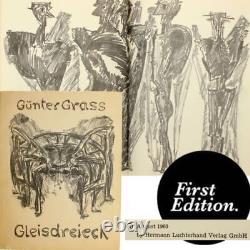
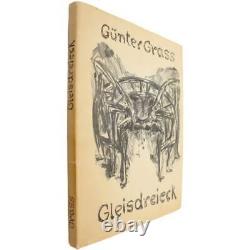
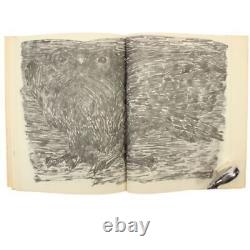
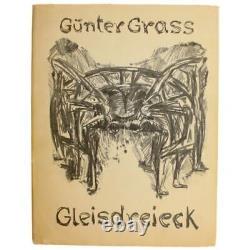
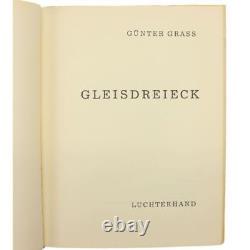
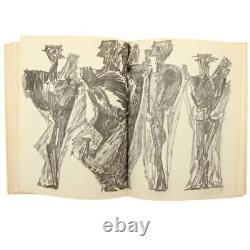
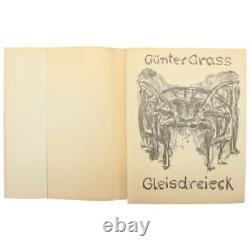


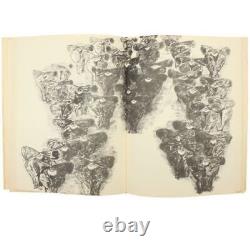

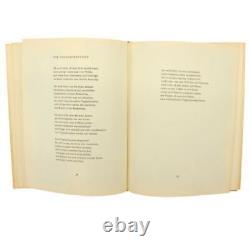
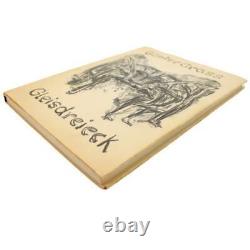
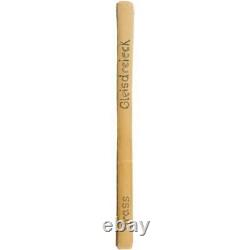
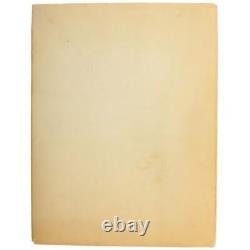


ORIGINAL GERMAN LANGUAGE FIRST EDITION. Published by Luchterhand, Darmstadt, 1960. First Edition, first printing: August 1960.
Very good hardcover, in very good dustjacket. Tight binding, solid spine, previous owner's signature to ffep, clean unmarked text, edge-wear and small tears to dj have been repaired with archival tape. Günter Grass is widely considered one of Germany's most important postwar writers and intellectuals, Myth and the Fairy-Tale world also deeply pervade the structures of Günter Grass's work. He was born and raised in Danzig, then known as "the Free City of Danzig"; his parents fled their home in 1945 when the city became Polish Gdansk.
After military service and captivity by American forces 1944-46, he worked as a farm laborer and miner and studied art in Düsseldorf and Berlin. 1956-59 he made his living as a sculptor, graphic artist and writer in Paris, and subsequently Berlin. In 1955 Grass became a member of the socially critical Gruppe 47 (later described with great warmth in The Meeting at Telgte), his first poetry was published in 1956 and his first play produced in 1957. His major international breakthrough came in 1959 with his allegorical and wide-ranging picaresque novel The Tin Drum (filmed by Schlöndorff), a satirical panorama of German reality during the first half of this century, which, with Cat and Mouse and Dog Years, was to form what is called the Danzig Trilogy.
In the 1960s Grass became active in politics, participating in election campaigns on behalf of the Social Democrat party and Willy Brandt. He dealt with the responsibility of intellectuals in Local Anaesthetic, From the Diary of a Snail and in his "German tragedy" The Plebeians Rehearse the Uprising, and published political speeches and essays in which he advocated a Germany free from fanaticism and totalitarian ideologies.His childhood home, Danzig, and his broad and suggestive fabulations were to reappear in two successful novels criticising civilisation, The Flounder and The Rat, which reflect Grass's commitment to the peace movement and the environmental movement. Vehement debate and criticism were aroused by his mammoth novel Ein weites Feld which is set in the DDR in the years of the collapse of communism and the fall of the Berlin wall. In My Century he presents the history of the past century from a personal point of view, year by year. As a graphic artist, Grass has often been responsible for the covers and illustrations for his own works.
Grass was President of the Akademie der Künste in Berlin 1983-86, active within the German Authors' Publishing Company and PEN. He has been awarded a large number of prizes, among them Preis der Gruppe 47 1958, "Le meilleur livre étranger" 1962, the Büchner Prize 1965, the Fontane Prize 1968, Premio Internazionale Mondello 1977, the Alexander-Majakowski Medal, Gdansk 1979, the Antonio Feltrinelli Prize 1982, Großer Literaturpreis der Bayerischen.GUNTER GRASS First Edition 1960 GLEISDREIECK Illustrated Poetry Magical Realism.

